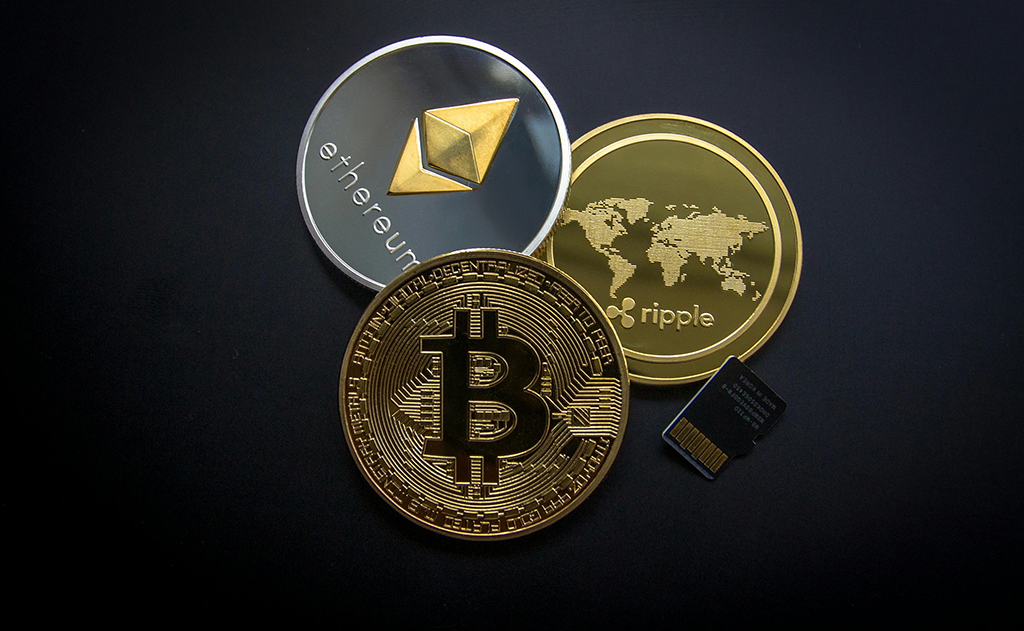How Blockchain Works
How Blockchain Operates: A Complete Guide
Blockchain is a revolutionary technology that is redefining how data is stored, shared, and secured in digital environments. Though it may appear complex at first glance, its functionality is based on fundamental principles like decentralization, transparency, and enhanced security. These qualities make it a sought-afer solution in various industries, from finance to modern tech innovations. In this guide, we’ll unpack how blockchain works, its key principles, and its widespread applications.
Defining Blockchain Technology
Blockchain refers to a system of recording and storing data as a chain of linked blocks. These blocks form an immutable, transparent record of transactions. Depending on its design, a blockchain can be decentralized (where data is distributed across a network of users) or centralized (adopted by some platforms and cryptocurrencies). The appeal of this technology lies in its resistance to tampering, its openness, and the high level of security it offers.
This transformative technology is not just a buzzword — it’s a practical tool for addressing challenges in various sectors, from supply chain management to financial services. Mastering its principles is essential for anyone aiming to stay ahead in today’s tech-driven world.
Key Features That Drive Blockchain
Below, we’ll explore the core concepts that power decentralized blockchain systems—an innovative framework transforming traditional processes.
Decentralized Structure: Data is stored across multiple nodes, eliminating reliance on a central authority.
Data Permanence: Information added to the chain cannot be altered, ensuring integrity.
Transparency: All transactions are openly recorded, fostering trust among participants.
Robust Security: Cryptographic protocols protect the system from unauthorized interference.
Consensus Mechanisms: Agreement across participants ensures accuracy without third-party involvement.
These pillars form the backbone of blockchain technology. By prioritizing decentralization, transparency, and security, blockchain redefines conventional systems and creates new opportunities for efficiency and innovation.

Where Blockchain Is Making a Difference
The versatility of blockchain has led to its adoption across numerous industries. Below are key areas where this technology is making a notable impact:
1. Supply Chain Optimization
Blockchain is instrumental in tracking products from their origin to the end consumer. Retail giants like Walmart utilize it to monitor food supply chains, enhancing transparency and resolving quality issues swiftly.
2. Financial Innovations
In the financial sector, blockchain underpins cryptocurrencies such as Bitcoin. Beyond this, it facilitates smart contracts, self-executing agreements that streamline processes and eliminate the need for intermediaries.
3. Decentralized Platforms
The rise of decentralized applications (dApps) is another testament to blockchain’s potential. Examples include Uniswap, a key player in decentralized finance (DeFi), and CryptoKitties, which has popularized blockchain in the gaming world.
4. Medical Data Management
In healthcare, blockchain secures sensitive patient data. Solutions like MedRec provide secure access to medical records while maintaining confidentiality for patients and providers.
5. Art and NFTs
Artists are increasingly turning to blockchain for authentication and monetization through non-fungible tokens (NFTs). Platforms like OpenSea empower creators to sell their work directly to collectors, bypassing intermediaries.
6. Energy Distribution
Decentralized energy management systems leverage blockchain to streamline operations and optimize energy allocation efficiently.
Across these diverse fields, blockchain technology demonstrates its ability to enhance existing models while also enabling groundbreaking innovations.
The Future of Blockchain
Blockchain has already established itself as a cornerstone of modern technological advancements, influencing industries from finance to healthcare. Over the next decade, its role is expected to expand further, driving advancements in automation, security, and decentralized systems. Adapting to these changes and acquiring skills in blockchain technologies will be vital for staying competitive in an increasingly interconnected world.

0 Comment